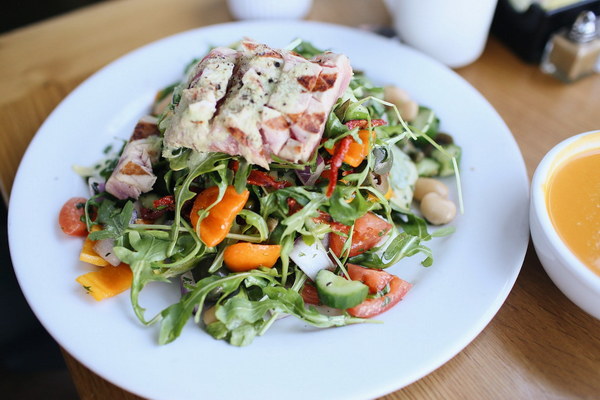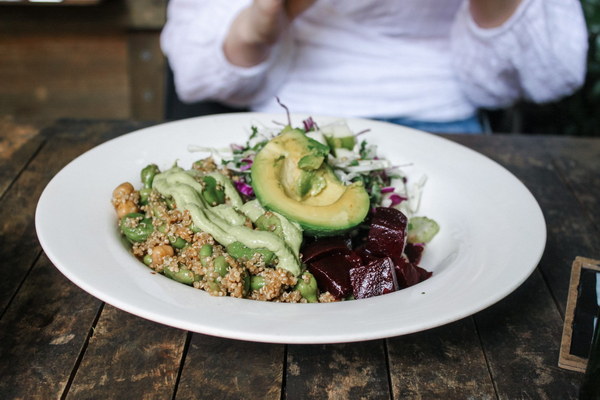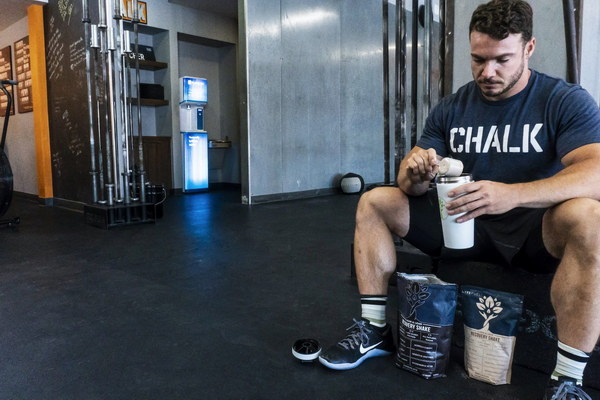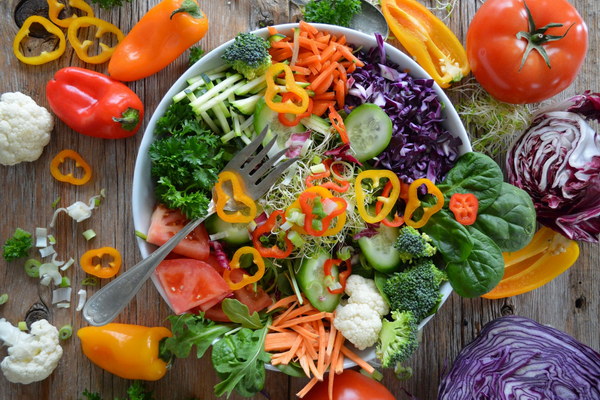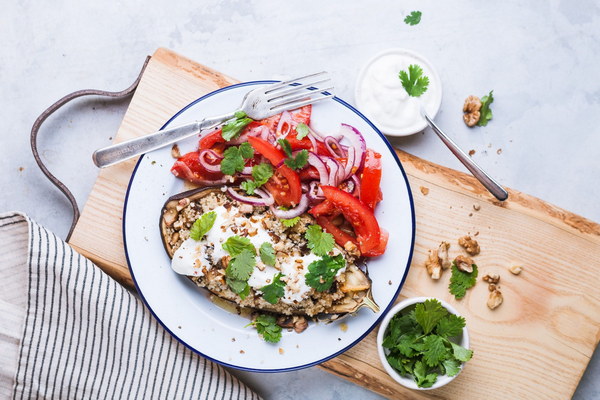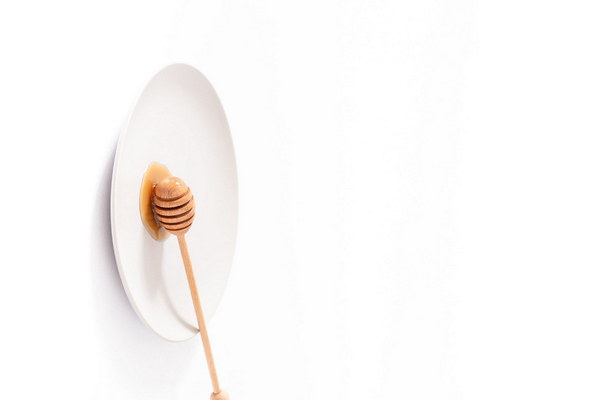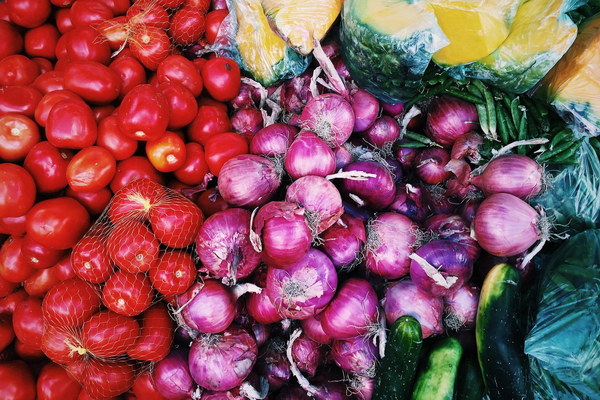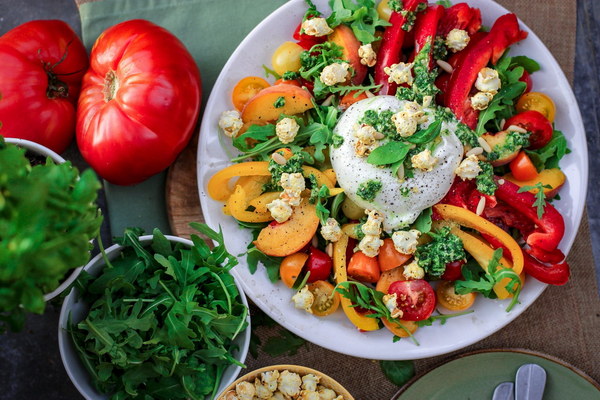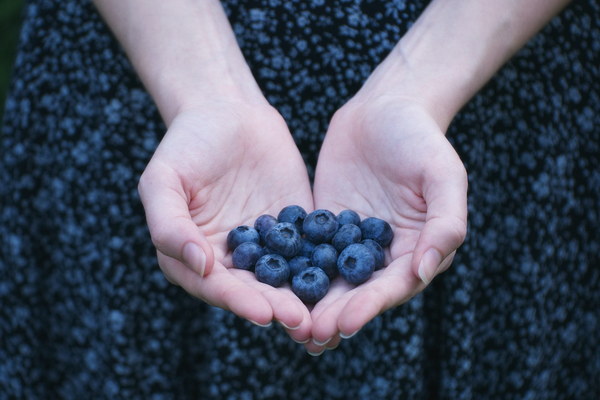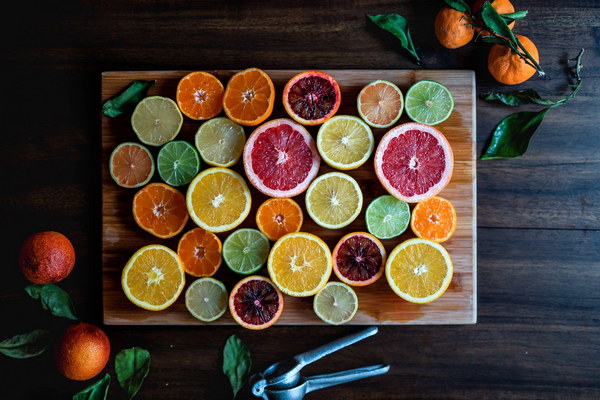Boosting Iron Intake for Pregnant Women A Nutritional Guide for Healthy Maternal and Fetal Development
Introduction:
Pregnancy is a critical period in a woman's life, where the body undergoes numerous changes to support the growth and development of the fetus. One of the most important nutrients during pregnancy is iron, which plays a vital role in the formation of red blood cells and oxygen transport throughout the body. However, many pregnant women face iron deficiency, leading to anemia, fatigue, and other complications. This article aims to provide a comprehensive guide on how pregnant women can effectively increase their iron intake through dietary means, ensuring the health of both the mother and the baby.
1. Understanding the Importance of Iron for Pregnant Women
Iron is an essential mineral that aids in the production of hemoglobin, the protein responsible for carrying oxygen to various tissues and organs in the body. During pregnancy, the demand for iron increases significantly due to the growing fetus, placenta, and increased blood volume. Consequently, iron deficiency can lead to anemia, a condition characterized by a decrease in the number of red blood cells and hemoglobin levels, resulting in symptoms like fatigue, weakness, and shortness of breath.
2. Dietary Sources of Iron
To combat iron deficiency, pregnant women should focus on incorporating iron-rich foods into their diet. Here are some excellent sources of iron:
a. Animal Sources:
- Beef liver: Packed with heme iron, which is more easily absorbed by the body.
- Chicken liver: Another great source of heme iron.
- Red meat: such as beef, lamb, and pork, which contain both heme and non-heme iron.
- Eggs: Egg yolks contain non-heme iron, which can be enhanced by consuming vitamin C-rich foods.
b. Plant Sources:
- Legumes: Lentils, chickpeas, kidney beans, and black beans are excellent sources of non-heme iron.
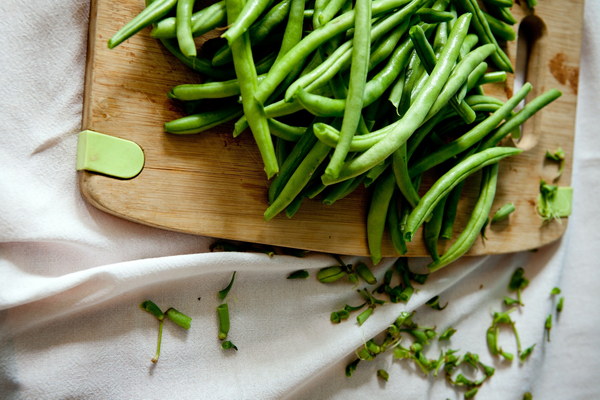
- Fortified cereals: Many breakfast cereals are fortified with iron, making them a convenient option.
- Green leafy vegetables: Spinach, kale, and collard greens contain non-heme iron, which can be absorbed better when consumed with vitamin C-rich foods.
3. Enhancing Iron Absorption
While incorporating iron-rich foods is crucial, it's equally important to maximize the absorption of iron. Here are some tips to enhance iron absorption:
a. Pair Iron-Rich Foods with Vitamin C:
Vitamin C aids in the absorption of non-heme iron. Therefore, it's beneficial to consume iron-rich foods alongside vitamin C-rich foods, such as oranges, strawberries, bell peppers, and tomatoes.
b. Avoid Iron Blockers:
Certain foods can inhibit the absorption of iron. These include caffeine, tea, coffee, dairy products, and phytates found in whole grains and legumes. Try to minimize the consumption of these foods when eating iron-rich meals.
c. Cook with Cast Iron Pans:
Using cast iron cookware can increase the iron content of cooked foods, especially those cooked with acidic ingredients like tomatoes.
4. Monitoring Iron Levels
It's essential for pregnant women to monitor their iron levels regularly to ensure they are meeting their nutritional requirements. A healthcare provider can recommend periodic blood tests to assess iron status and provide guidance on dietary adjustments if necessary.
Conclusion:
Ensuring an adequate iron intake during pregnancy is crucial for the health and well-being of both the mother and the baby. By incorporating a variety of iron-rich foods, maximizing iron absorption, and monitoring iron levels, pregnant women can take proactive steps to combat iron deficiency and support a healthy pregnancy. Remember to consult with a healthcare provider for personalized advice and guidance on your nutritional needs during pregnancy.
